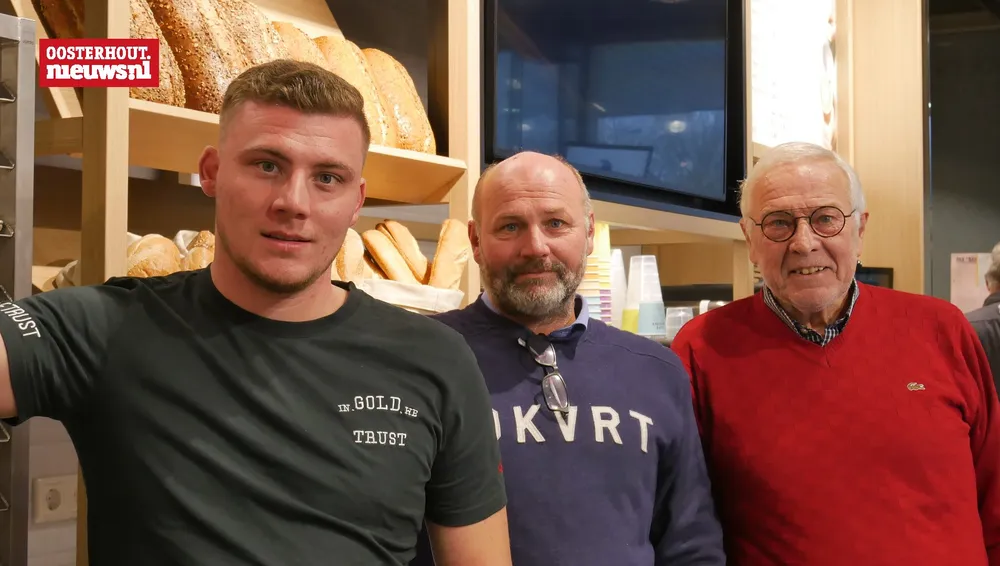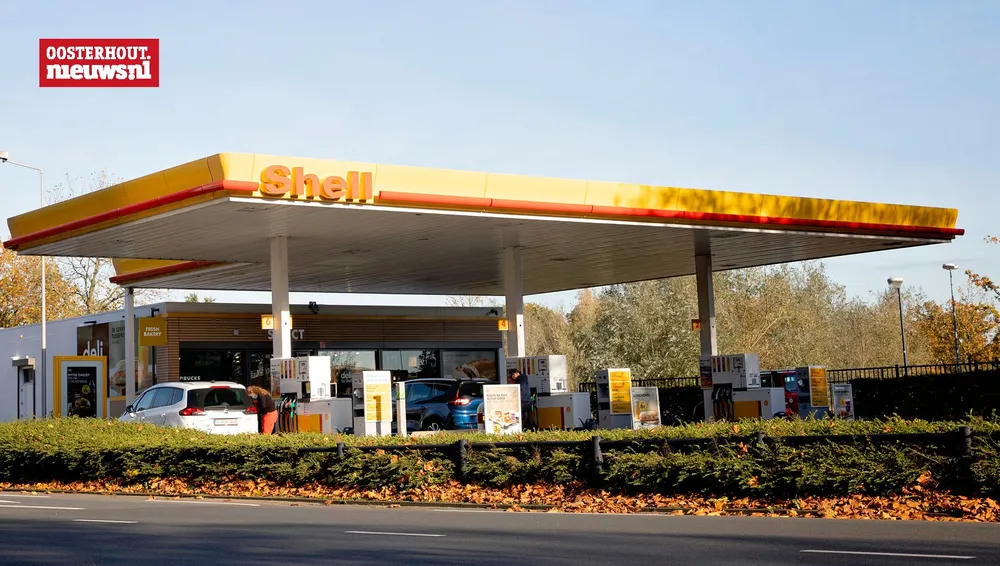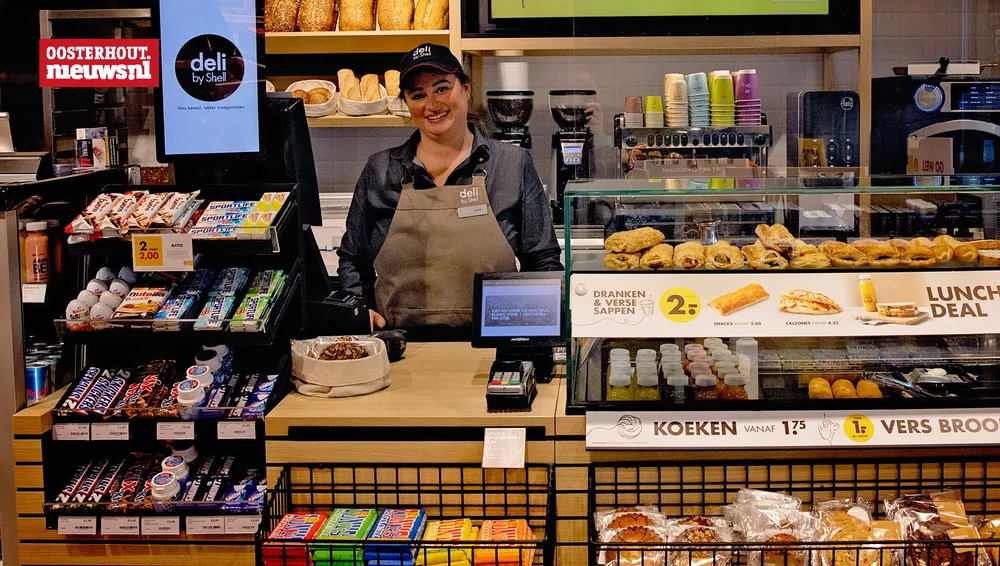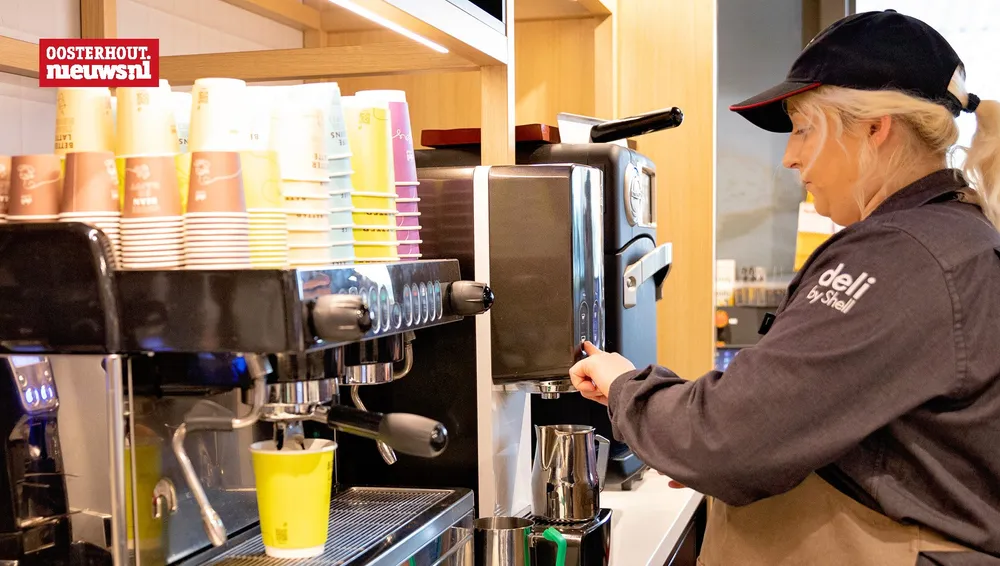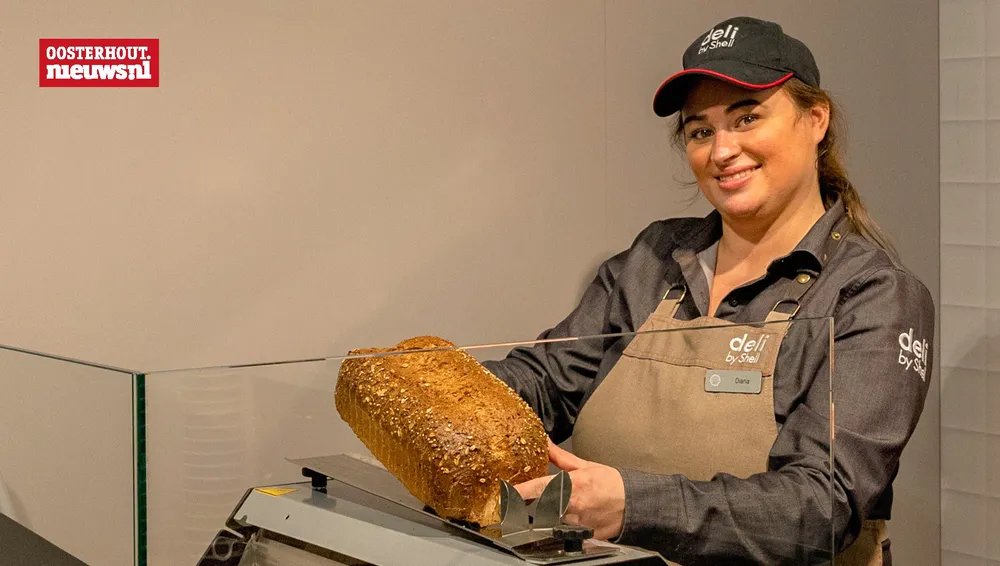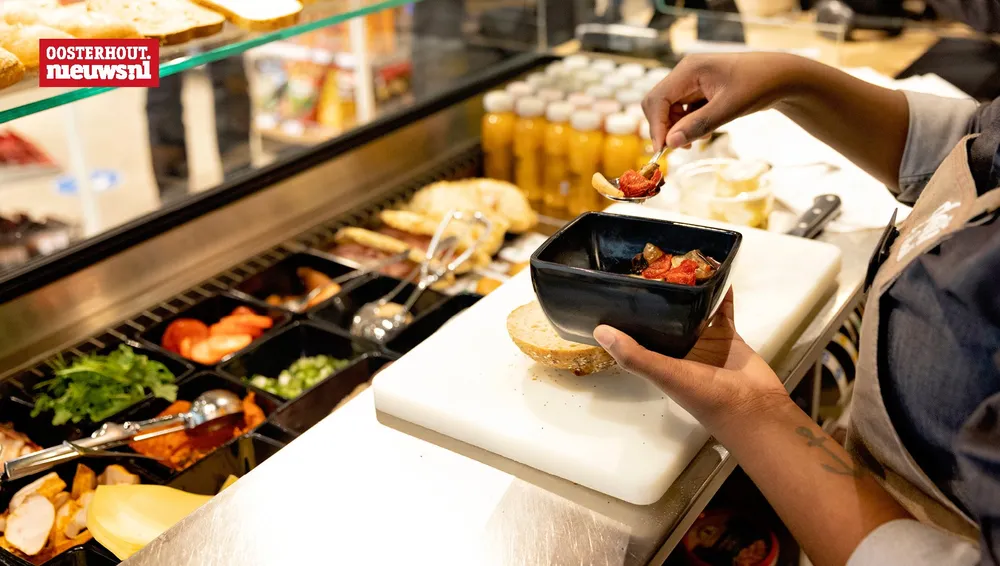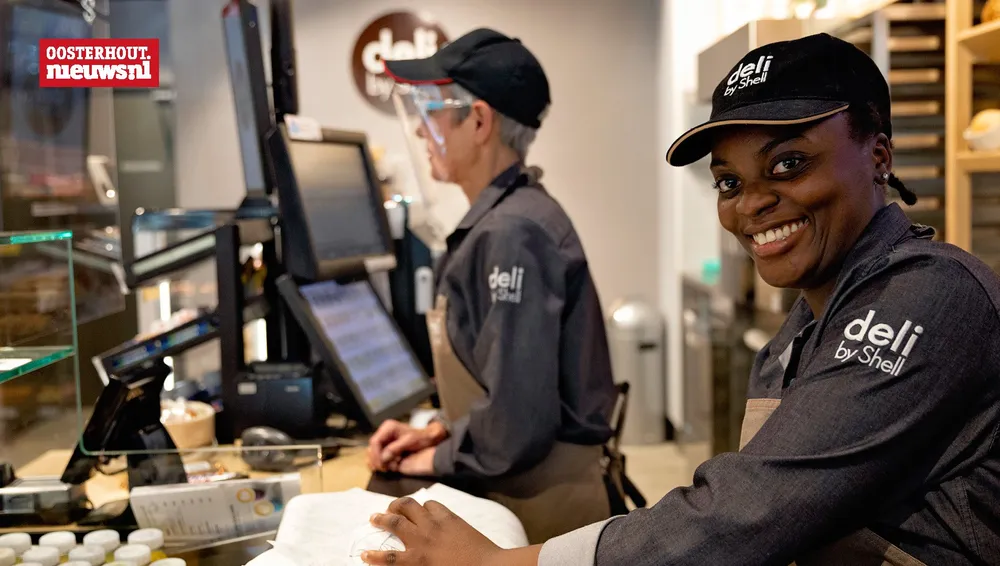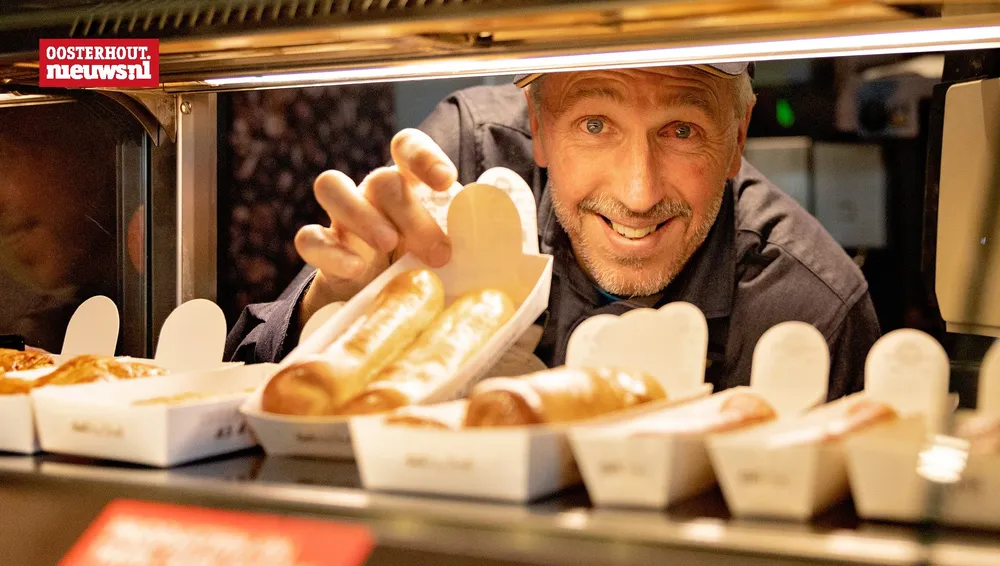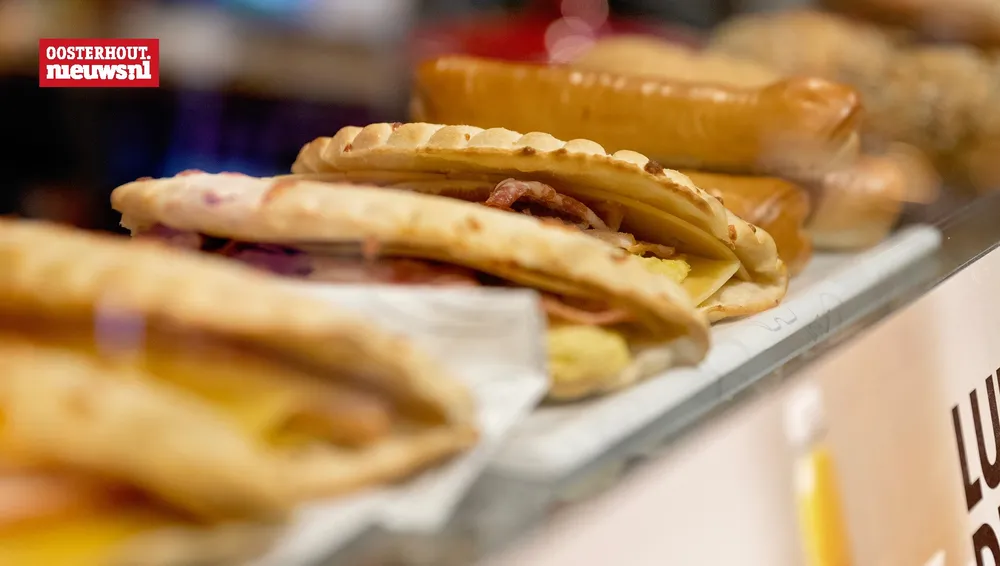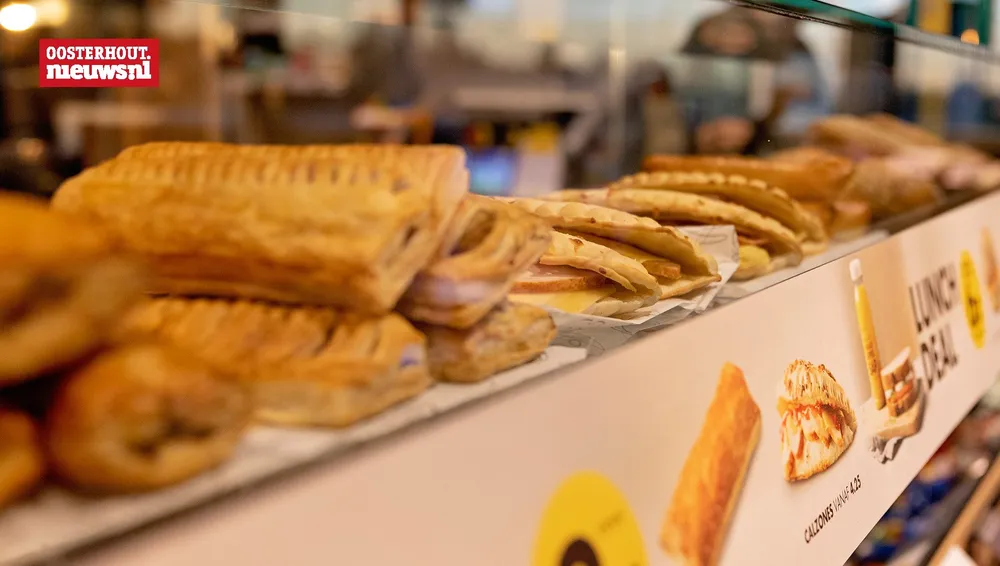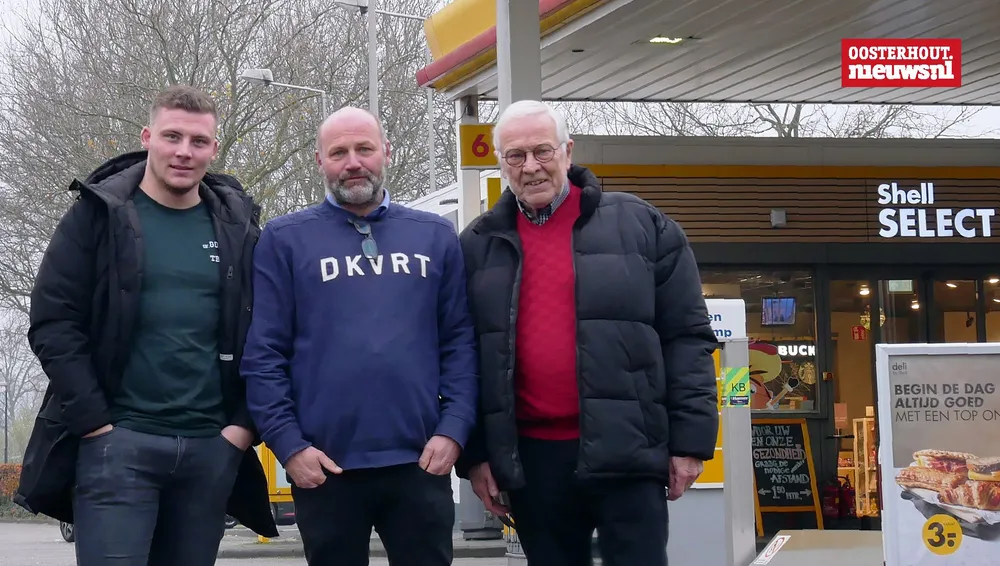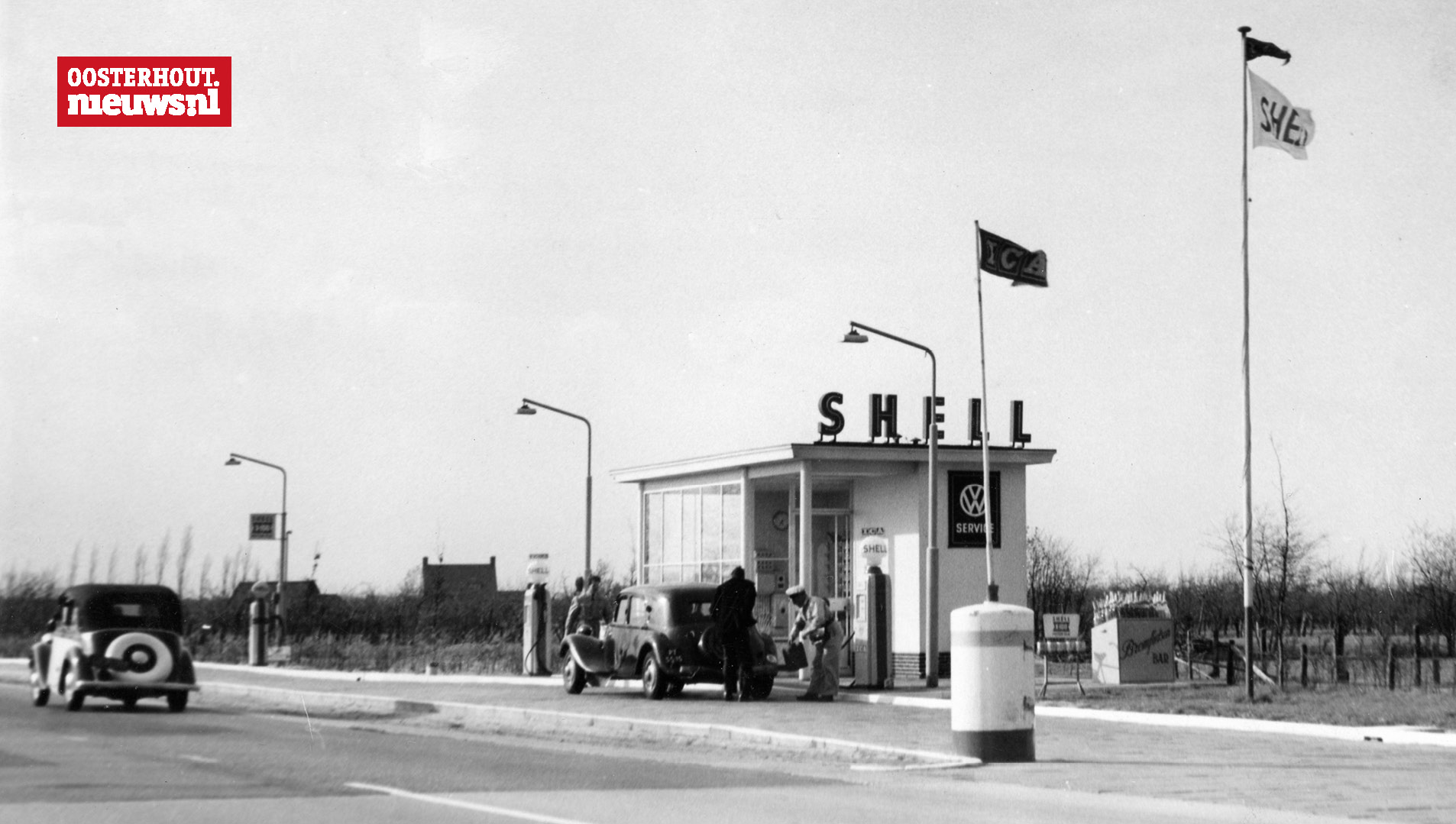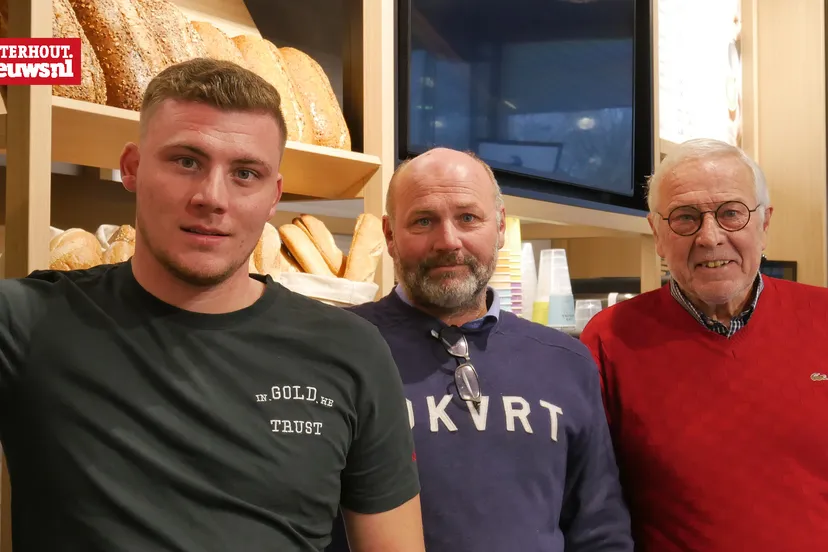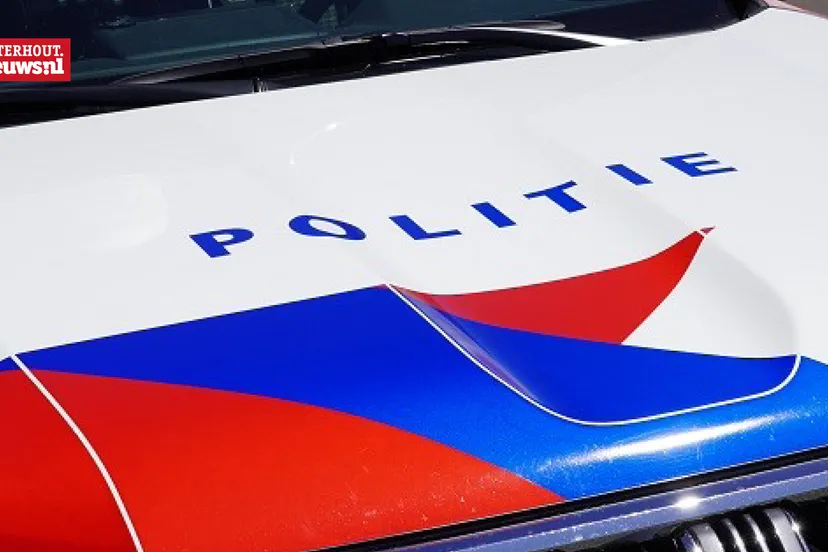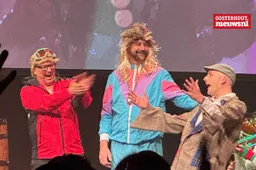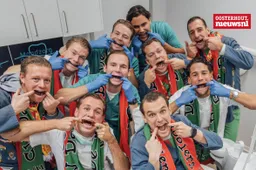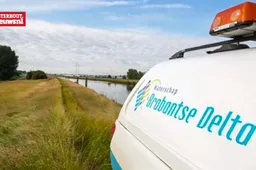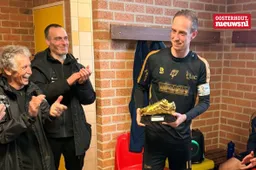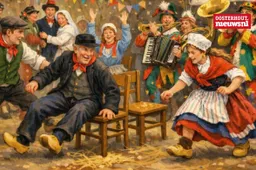A look inside… R. Lamme Tankstations
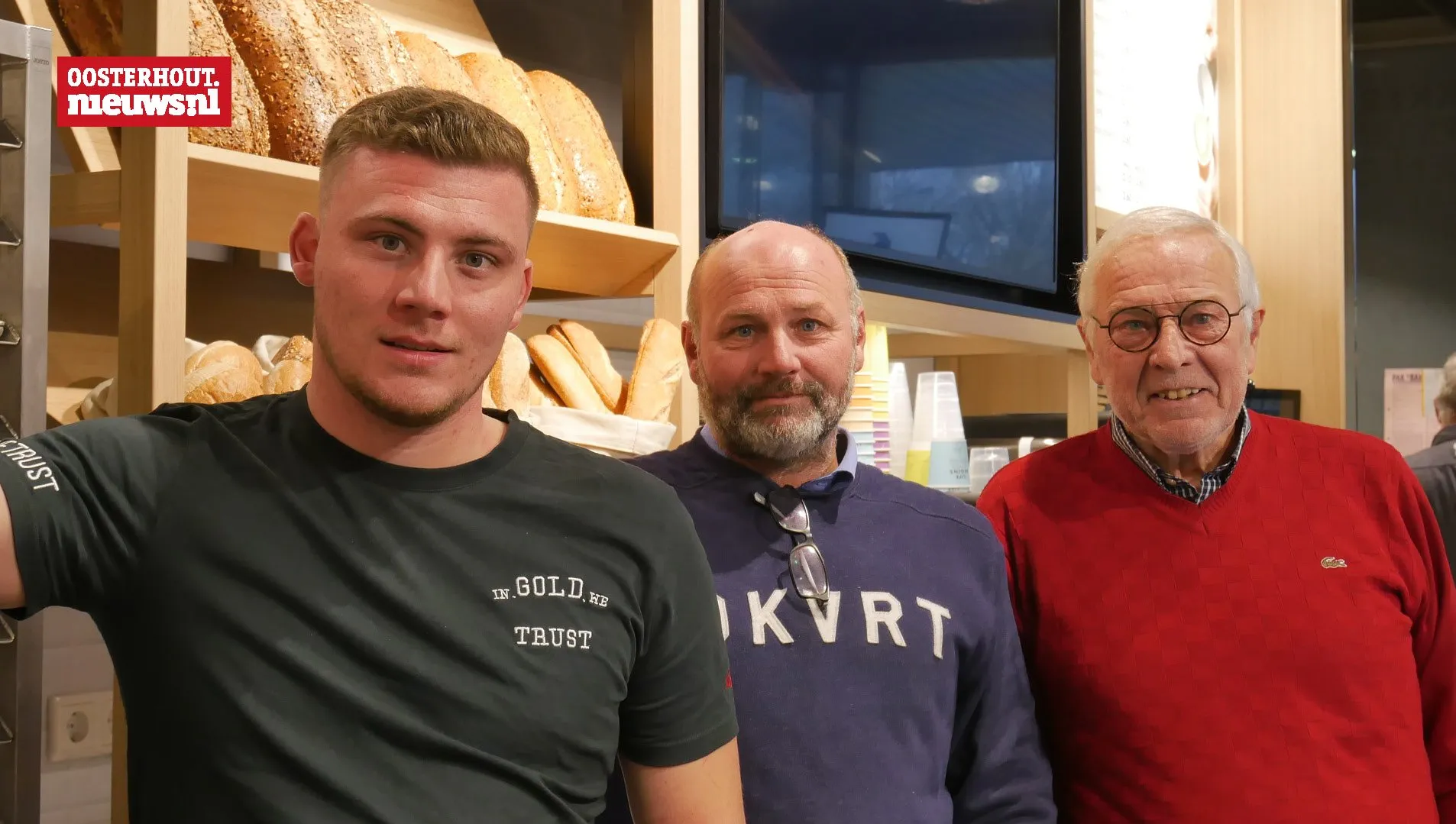
In the series ‘A look inside…’ we take a look behind the scenes and into the past, present and future of authentic Oosterhout companies. The first company is R. Lamme Tankstations, owner of Shell petrol stations, including the one on Pasteurlaan.
Coffee, filled rolls and a warm welcome
In the first part of the series ‘A look inside…’ our host is Remko Lamme, owner of R. Lamme Tankstations, a petrol station business. Remko is the third generation of this ‘fuel family’. His father, Dick Lamme starts from the beginning: “In 1963, my parents opened a petrol station along the A1 motorway near Eemnes. We lived next to the business and close to the motorway. But there certainly wasn’t as much traffic at that time as there is today! For example, we also sold two-stroke oil, because in those days you could still drive your moped on the motorway. When you drove onto our forecourt, a service station attendant filled your car up. Because the petrol pump was serviced, our customers never actually visited the petrol station itself. They only came inside when they needed a can of oil, but we also brought those products out to the customer. The service station attendant regularly brought a thermos with hot coffee for himself. But he was always willing to pour our regular customers a cup of coffee too.”
From service to self-service
Dick continues: “We opened a second petrol station on the other side of the motorway in the late 1960s. In those days, there was no power over there. When I opened the business in the morning, I had to wait for the first customer to arrive. I needed them to help me start up the diesel generator, so the petrol could be pumped from the tanks. My mother also crossed the A1 motorway multiple times a day, holding a pot of coffee. In those days, that was still possible!” As of 1968, the service station attendants had to make room for self-service. Dick: “Because there was no longer an attendant at the pump, our customers started to visit the building next to the pumps as well. The shop became an extension of our petrol station.”
Coffee in the shop
“Next to a small coffee machine outside, we started with a small wooden box with some sweets, such as Mars bars. Later, we got an instant coffee vending machine. That was very revolutionary for those days! In the 1970s, percolated coffee in big pots was fashionable. Quality improved by leaps and bounds.” In 1979, Dick Lamme took over the Shell petrol station at the Belgian border. Dick: “That was in Hazeldonk-West, with the traffic heading south. People liked to use their employer’s fuel card before going on holiday. In those days, there were no staggered holidays, so motorists often had to wait more than half an hour before they could fill up their car.” Remco adds: “People called from a phone booth to their granny for instance, to tell her that they were already at the Dutch-Belgian border. They put a handful of 25-cent coins on top of the phone, but they also regularly forgot to take them with them. So my brother Eelko and I earned quite a bit of extra pocket money!”
“Lorry-driver meatballs”
In addition to the coffee, that was sold in those days in large metal urns with a small tap, food and drinks in petrol stations became more and more important. Dick: “Hazeldonk was the last pump in the Netherlands and many lorry-drivers liked to fill their tank before crossing the border. We had a special area for them, where they could relax and take a shower.” But there wasn’t only coffee: food from a rather primitive kitchen was also served. “The meatballs we sold were a big hit! We kept them warm in big pans and the international lorry-drivers in particular liked them a lot. It didn’t take long before the dish became famous as “lorry-driver meatballs”. In addition, we sold magazines, books and cassettes more and more, as well electric devices using 12 volt, so that they could be used inside the lorry. At that time, road maps were also an important item, because navigation systems didn’t exist. I think everybody remembers the big Shell book, containing 100,000 streets!”.
Excellent service
The service offered was also excellent. Dick: “I remember one time when an elderly lady was on a group trip with a bus and had gone to the toilet during a short break at Hazeldonk. When she got outside, she found that the bus had already left for the Costa Brava. She came back in a terrible panic. After we’d given her a cup of coffee and made a few phone calls, I finally drove her quite far into Belgium to her bus, which was waiting for her at a petrol station there. The lady was so grateful that she told me she would put in a good word for me at the heavenly gate, as she would arrive there much earlier than I would!”. Remko adds: “Petrol stations are always full of people stories, especially if they are located on a national trunk road. Everything revolves around our guests. At all times, also if someone is in a panic or needs help. Especially in such situations, because people have no place else to go except to us.”
The third generation
In the 1990s, Remko started working in his father’s business. He started as a deputy and holiday replacement at Shell Hazeldonk and later started working fulltime as an employee of Shell Liesbos near Etten-Leur. Remko: “We lived in Prinsenbeek at the time, so I could easily ride my bicycle every day to work.” Soon after, Remko started as a manager of Q8 Vrouwenhof in Roosendaal, which would be transformed a year later into a Shell petrol station. Back then, it was still a pump with a service station attendant. Remko: “We always tried to offer some extra service, such as quickly inflating the tyres or cleaning the windscreen.” In 1995, Remko and his wife Corina got the chance to take over Esso Seghwaert in Zoetermeer. “That was more of a local shop. In those days, the supermarkets were closed on Sundays, so we also sold beer, wine and barbecue meat.” Later, Esso Willemsbos in Nunspeet was added to the businesses. “That was also a great location. Visitors to the Veluwe National Park in particular were always in a good mood. And don’t forget the motorcyclists driving to the TT motorcycle races in Assen every year!”
Back to Brabant
In the mid-1990s, Remko and Corina returned to Brabant. “We always felt very much at home in Oosterhout and decided to move back here. We were offered the opportunity of getting involved in Esso Sandelingen West on the A16 motorway. That was also where the first filled rolls were sold at petrol stations. We had our first baker’s shop with a real DeliFrance. The pains au chocolat and the baguettes
sold like hot cakes! The shop also sold fresh popcorn, hot dogs and pizzas. For those pizzas, Corina and I even did a course in Belgium, given by a colleague who owned a petrol station near the Metropolis cinema in Antwerp. Later, when we also took over ownership of Esso Zevenbergsche Hoek, coffee and pastry became more important. The coffee vending machines were getting better all the time and cappuccino became very popular in the Netherlands. At this location, there was also a branch of the AH to Go supermarket and I learned a lot about the hospitality sector and how to play the game in the retail business.”
Shell and Starbucks
At the beginning of the new century, Shell crossed Remko and Corina’s path again. They got the chance of running four petrol stations along the A59 and A27 motorways. A few years ago, a fifth petrol station was added along the A58 motorway. Remko: “Food in our shops became increasingly prominent. It became important for us to make our guests feel at home in our shop. If the customers want to fill up their car, they might as well fill their stomachs at the same time”. In those years, the quality of the coffee at the petrol stations got even better. Vending machines improved and the first Starbucks2go vending machines were installed in the shop, serving coffee with the flavour and quality that people were used to from the Starbucks branches all over the world. Remko: “In addition to the Starbucks coffee, we also sell fresh high-quality barista coffee. Our baristas are specially trained. They know everything about the various types of coffee beans and they even follow a course “latte art” to learn how to pour a heart in the cappuccino for example!” Corina actually finished second in last year’s national Baristacup competition and this year, she also managed to reach the semi-finals. So it’s not a surprise that this year, Remko and Corina’s petrol stations won the public award for the best-tasting coffee!
And now…food first!
In October this year, the Meerkerk branch was sold. Five new petrol stations in the region have come in its place, including the Shell petrol station at the Pasteurlaan. Remko tells us proudly: “After all these years in the business, we got the chance to start up in our own city. That’s really very special. We feel absolutely committed to everything that is happening in Oosterhout and these local ties are really great.” In the city where the slogan “food first” (“eerst eten”) is well-known, it’s only to be expected that the baker’s shop is a very important part of the shop. “On Sunday mornings, you can get a delicious breakfast with fresh orange juice, great barista coffee and an oven-fresh croissant. Although I must say: you can get a great breakfast like that here every day of the week! And did you know that you can also buy freshly baked whole loaves of bread and cakes and biscuits here? Environmental and animal welfare concerns are also becoming increasingly important, Remko tells us. "The cows for our meat roam in the wild, the chickens scratch about in covered free-range barns and the pigs live in animal-friendly “rooting barns”. And of course we only serve Fairtrade and organic coffee. We also serve delicious vegetarian and vegan rolls and are happy to serve a halal roll too.”
The future
Tim and Rik, Remko and Corina’s two eldest sons, also regularly work in the business. Tim: “I used to work quite often at the Molenheide branch, but now I can easily ride my bicycle to the Pasteurlaan. Working at a local petrol station is completely different from working at a petrol station located near a national trunk road. But both have their charm.” Does he plan to take over his father’s business? “At the moment, I am very busy with other things. Now I’ve finished my studies at the Johan Cruijff Institute, I work part-time as a trainer and coach. I can combine this very well with working for my parents’ business. But who knows what the future will bring someday…?”
